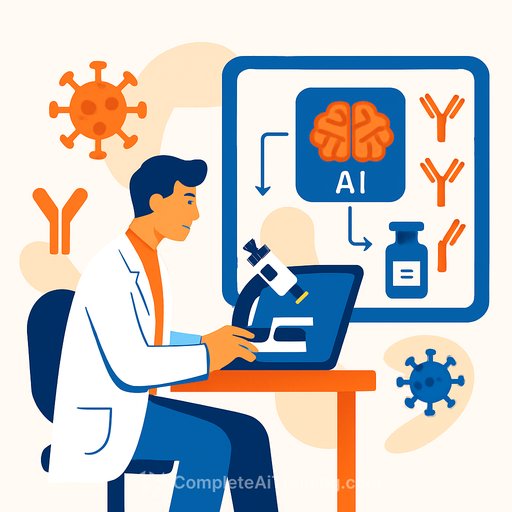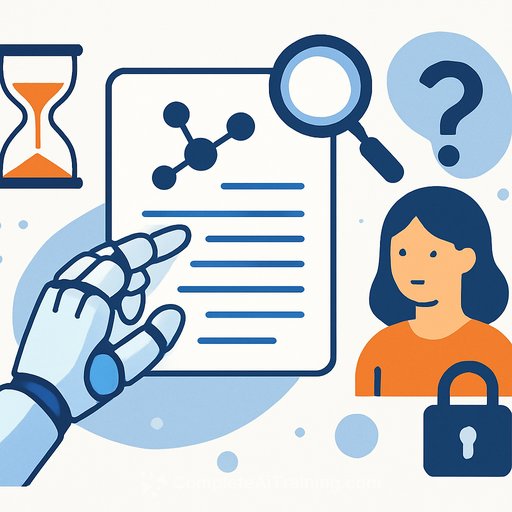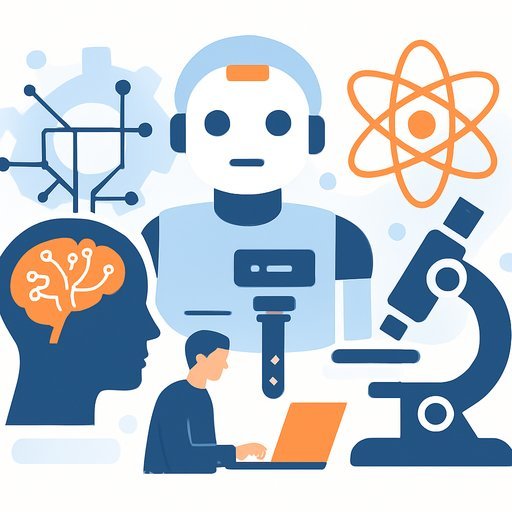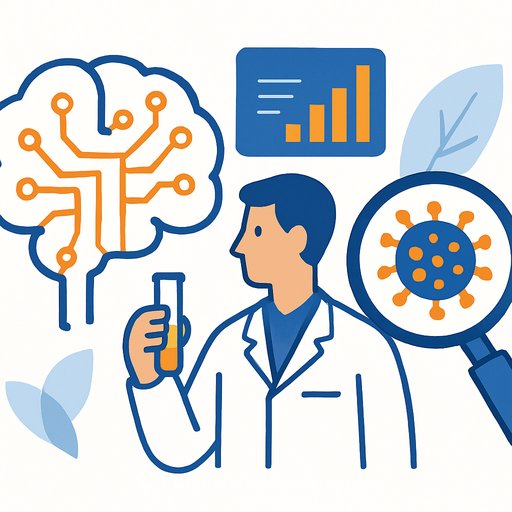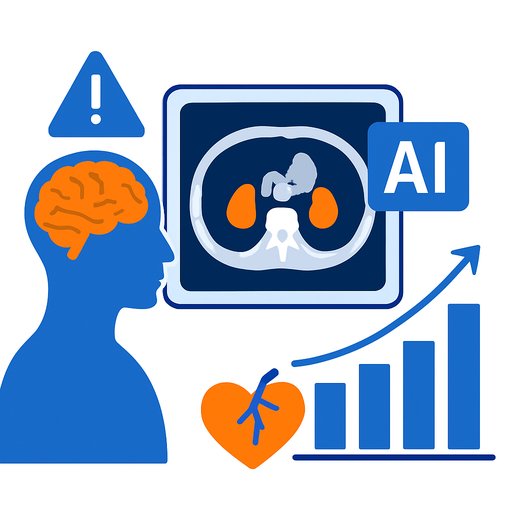The GIST AI Model Accelerates Identification of Therapeutic Antibodies for Pandemic Response
Scientists at Scripps Research have introduced a new method that combines artificial intelligence (AI) with advanced imaging to pinpoint therapeutic antibodies for infectious diseases more accurately and efficiently. Published in Science Advances, this approach reduces the typical antibody identification period from weeks to less than a day. It also provides a scalable process that eases data bottlenecks and speeds up research, which is crucial during health crises demanding swift action.
According to Andrew Ward, professor in the Department of Integrative Structural and Computational Biology at Scripps Research, this approach marks a fundamental shift in antibody discovery. By applying AI to analyze immune response structures, researchers can now identify promising therapeutic candidates within hours and with higher success rates than traditional screening techniques. The method holds promise for improving treatment development for influenza, HIV, and other infectious diseases, especially during pandemics.
Identifying Therapeutic Antibodies: The Challenge
Antibodies are essential components of the immune system, capable of binding to and neutralizing pathogens like viruses and bacteria. These Y-shaped proteins are naturally produced but can also be engineered for therapeutic use against cancer, autoimmune diseases, and infections. Over 200 antibody-based drugs are approved worldwide due to their effectiveness and safety.
However, traditional antibody discovery is a slow and labor-intensive process. Researchers must screen thousands of candidates individually to find those that not only bind target pathogens but also offer sufficient protection. This complexity arises because the immune system generates a vast diversity of antibodies in response to infection, but only a few target vulnerable sites that neutralize pathogens. Sorting through such diversity creates a major bottleneck in developing drugs and vaccines.
Integrating AI with Cryo-Electron Microscopy
The new method addresses this bottleneck by merging cryo-electron microscopy (cryoEM) and AI. CryoEM captures high-resolution images of antibodies bound to their targets at near-atomic detail. ModelAngelo, an AI tool, then constructs molecular models from these images and predicts which antibodies have protective potential.
Ward’s team used this combination—named Structure-to-Sequence (STS)—to analyze antibody response structures and identify the most suitable candidates from genetic databases. This builds on previous work that mapped antibodies elicited by infection within days using cryoEM.
James Ferguson, a staff scientist involved in the study, points out that this approach eliminates much of the guesswork inherent in antibody discovery. Instead of randomly screening thousands of antibodies, researchers can directly observe which antibodies bind to functionally important sites and use ModelAngelo to precisely locate these antibodies in genetic data.
To validate the method, the team tested antibodies identified by ModelAngelo in animal models challenged with influenza. The antibodies demonstrated strong protection against the virus, confirming the method’s ability to uncover the most effective therapeutic candidates.
Implications for Future Pandemic Preparedness
The speed and precision of this method have significant implications beyond influenza. Rapid development of treatments is vital for emerging infectious diseases where time is critical. Integrating AI with immune response analysis streamlines therapeutic antibody discovery, enabling faster, more targeted interventions during health emergencies.
The research group is collaborating across Scripps Research to further explore how ModelAngelo can reshape therapeutic antibody development. Their goal is to support evolving health challenges and deliver effective treatments to patients more quickly than current methods allow.
For professionals interested in AI applications in biomedical research, exploring advanced AI tools and training can enhance capabilities in this area. Resources such as Complete AI Training's latest courses offer valuable insights into AI-driven scientific innovation.
Your membership also unlocks:

